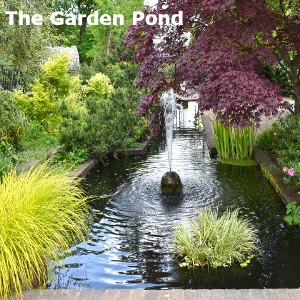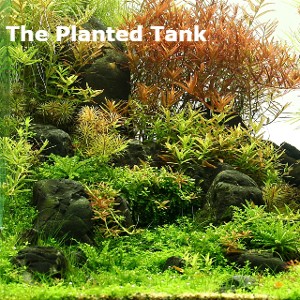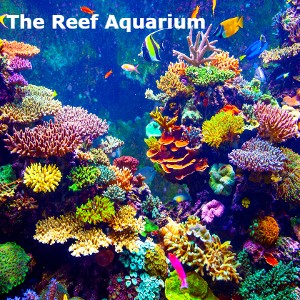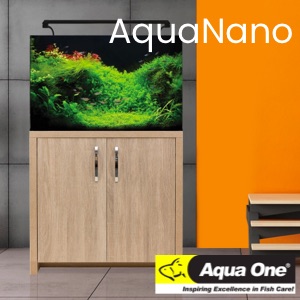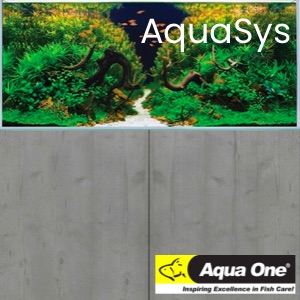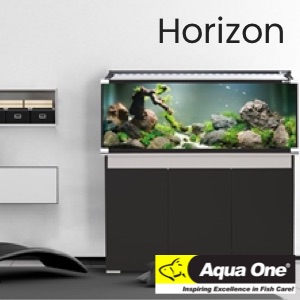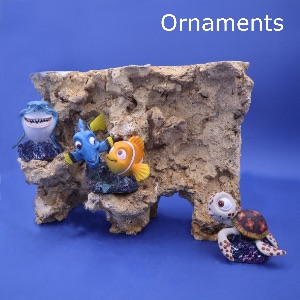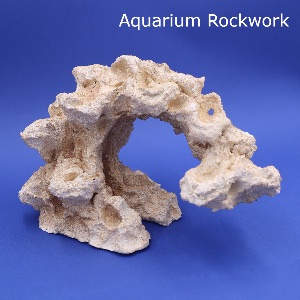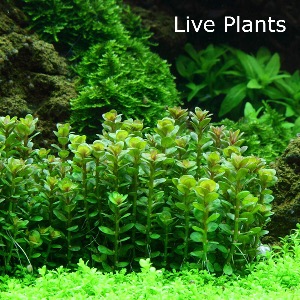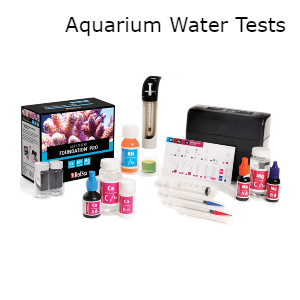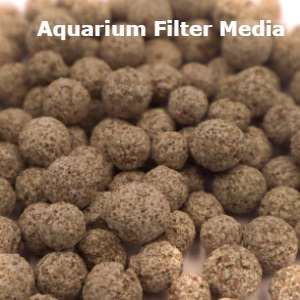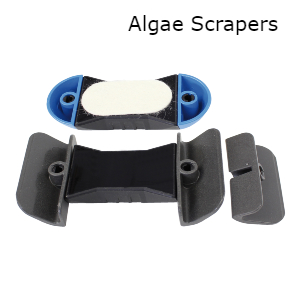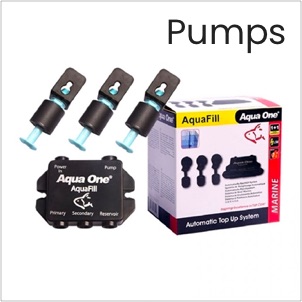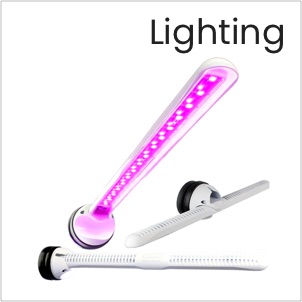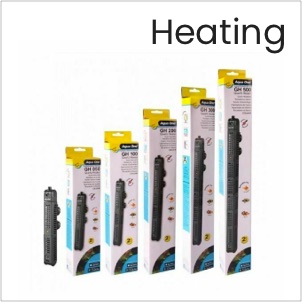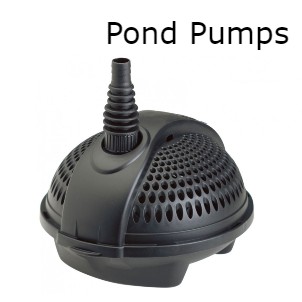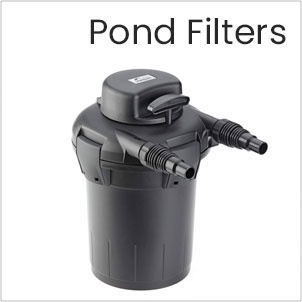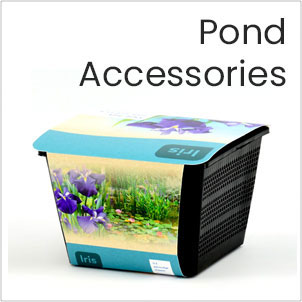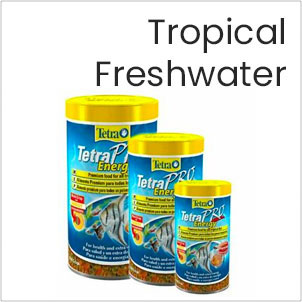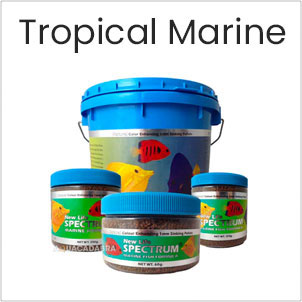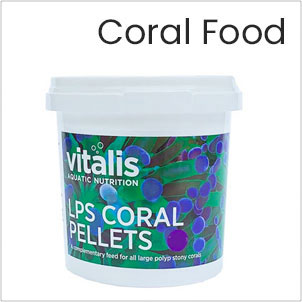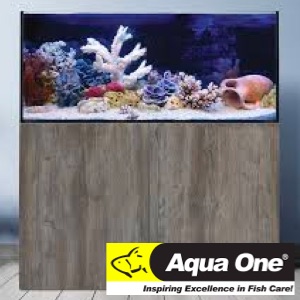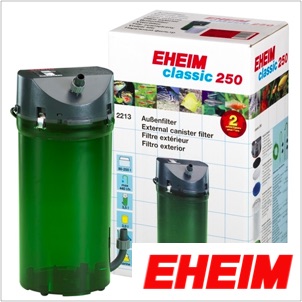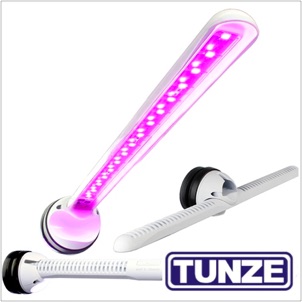How Difficult Is Keeping Fish?
Setting up a new aquarium is actually a lot easier than you would think!
The amount of products, and accessories on the shelves in local fish stores can seem daunting, but all you really need are the basics to get you started. Our aim to provide all our customers with professional advice, but we are especially passionate about helping those who are taking the first steps into fish-keeping. Of course, there are different levels of care and maintenance depending on the aquarium, however, we have a great selection of starter aquariums which will allow a fantastic introduction to the journey of keeping fish!
My Aquarium Is Cloudy - What's Wrong?
This is one of the most common questions we receive at Aqua Rite - and there are quite a few possibilities!!
At some stage in fish keeping, even for those experienced fish keepers, we will come up against water which is not clean and clear as it's supposed to be. I will list a few of the most common reasons for this, and ways in which you can remedy this.
Have you added anything new to your aquarium? Sometimes adding new decoration, such as gravel or ornaments, can lead to cloudy water. We highly recommend washing all products that you would add to your aquarium, especially decoration. Of course, there will be some ‘dust’ on new gravel, and regardless of how well washed it is, it will take a short while for your water to clear.
Have you changed your filter sponge? Changing filters, or your media, especially sponges, can lead to cloudy water, due to the fact that the bacteria in your sponges hasn’t matured yet. As sponges are porous, they will allow larger particles through, leading to ‘dirty’ water. As the filter media matures, these particles will be removed, and eventually the water will clear. If it doesn’t, there may be another factor, and if you get in contact, we would be delighted to investigate this with you.
Have you ‘cycled’ your tank correctly? Before an aquarium matures, there will be excess waste from your fish that isn’t taken care of until your tank has ‘cycled.’ This is due to ammonia build up, and will cause a ‘bloom’ to occur, as bacteria will flow through your water. Once your account has ‘cycled’ then this process will cease and your water should clear.
Is your aquarium overstocked? Like any fish keeper, our desire is to keep the fish that catch our eye. Yet, an aquarium is a little eco-system in and of itself. This means that if there are too many fish in your aquarium, your filter won’t be able to cope with the excess waste, and pollutants will be increasingly present in the tank. There are many recommendations for fish stocking, however, having 1cm of fish per litre. This, of course, is a rough figure, and can change depending on the type of fish you keep. We would be happy to inform you of this.
What Do I Need To Do To Start Keeping Fish?
These few steps can help you to avoid many common mistakes and get you into a fish tank that you can afford, and that will help you discover a whole new world of fish keeping!
Decide what kind of fish you want to keep. The first decision you need to make when planning on keeping fish is to determine what kind of fish you want to keep. Different kinds of fish will require different care, conditions, space, and equipment. We would always recommend this step, as if you buy equipment prior to this decision, the equipment may not be suitable.
Do some research The first product we would recommend anyone to buy when considering fish keeping is a book! It is very important to learn about the fish you want to keep, and what they require. With researching fish, you will discover what size they will grow to, and be able to determine the size of the fish tank you will need to keep them content and healthy. Our expert staff are available to answer any questions you may have, and we also have a Fish Doctor section within our blog.
Decide on the space you need. Once you have decided on the fish that you wish to keep, you can then decide how large an aquarium you will need. At this stage we would recommend you to decide where you would like your aquarium to be situated. One of considerations you need to make is the size of the aquarium, and the equipment, filters, pipework, and power cables.
Decide how much you want to spend. The primary cost for fish keeping will always be the aquarium, and the fish you would like to keep. Different levels of fish keeping will inevitably mean to different costs. As well as equipment and livestock, you will need to plan for the regular cost of fish keeping, for example, test kits, treatments, and decoration.
Decide on the equipment you need. Our company has a core value to not sell something to our customers that they don’t need. Our expert staff will recommend relevant equipment to keep within your budget, and allow you to design, and maintain your aquarium to give stunning results.
Begin to setup your aquarium. Once you have purchased all the dry goods you need, it is time to set up your aquarium. If this is your first aquarium, this may take some time, but there are ways in which you can speed up the process. It is recommended that you clean your equipment, and then organise it in the dry aquarium to ensure that you know where everything is to be placed. It is important that once your aquarium is filled with water, that you check for leakages around all seals, of both your tank and equipment.
You will need ‘starter fish’. Whenever starting a new aquarium, your filters need bacteria to begin to ‘cycle’ your tank to maintain a healthy chemical balance. Our staff will be able to advise you on fish that are best to begin this. ‘Starter fish’ should those which are able to cope with the chemical instability of the aquarium, and those which are less costly in case of fish death.
Highly recommended!! ’Cycle’ your fish tank. For the first 6-8 weeks it is incredibly important for the long term health of your aquarium that it is cycled correctly. This can mean exercising a bit of patience! Of course, we understand that this is difficult as you want to put in the fish that you’ve planned for! There are a few important things that you need to do. Feeding is vitally important at this stage, especially making sure you do not over feed. You will also need to do extra water changes as necessary. Of first importance is not adding any more fish. This is the reason why so many people give up fish keeping, as putting fish in without cycling can cause fish death, and cloudy water, which can be incredibly discouraging!! There are many products that can speed up this process, and we can advise on this. Many people will have their preferred method, yet we recommend keeping to as natural an aquarium cycle as possible.
Begin regular maintenance. After 6-8 weeks your aquarium has finished it’s natural cycle, you will begin your regular aquarium maintenance. This will include feeding, cleaning, and water changes. We would recommend a 10-15% water change every week, and that this would include cleaning the glass from algae. Do an equipment check once every 2 weeks, to one month. A few minutes each day, or 30 minutes per week can mean avoiding major problems later on.
